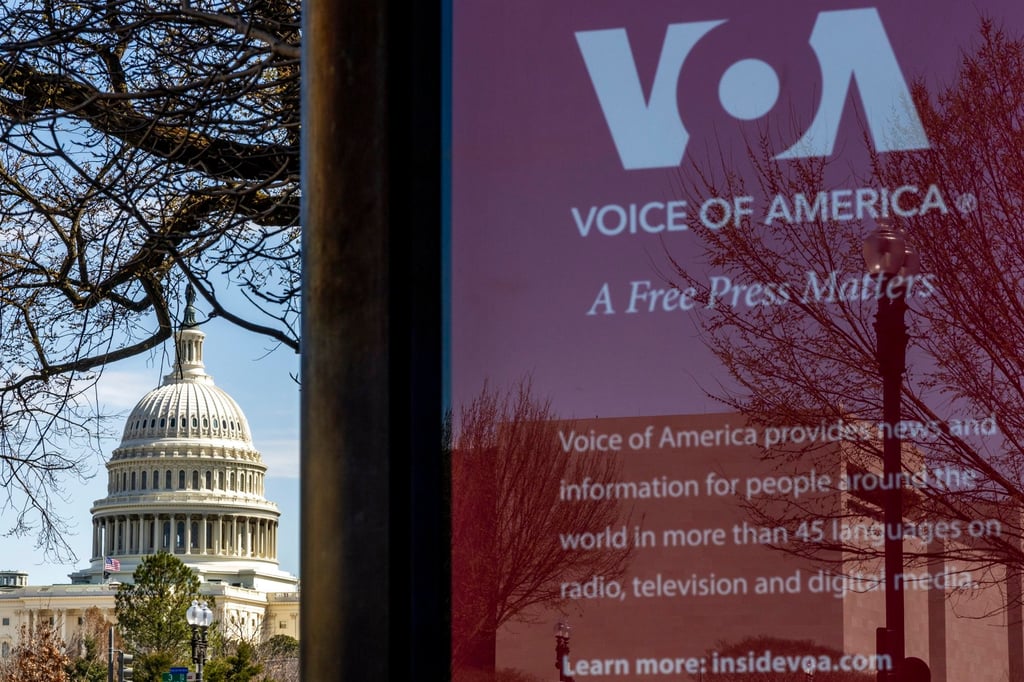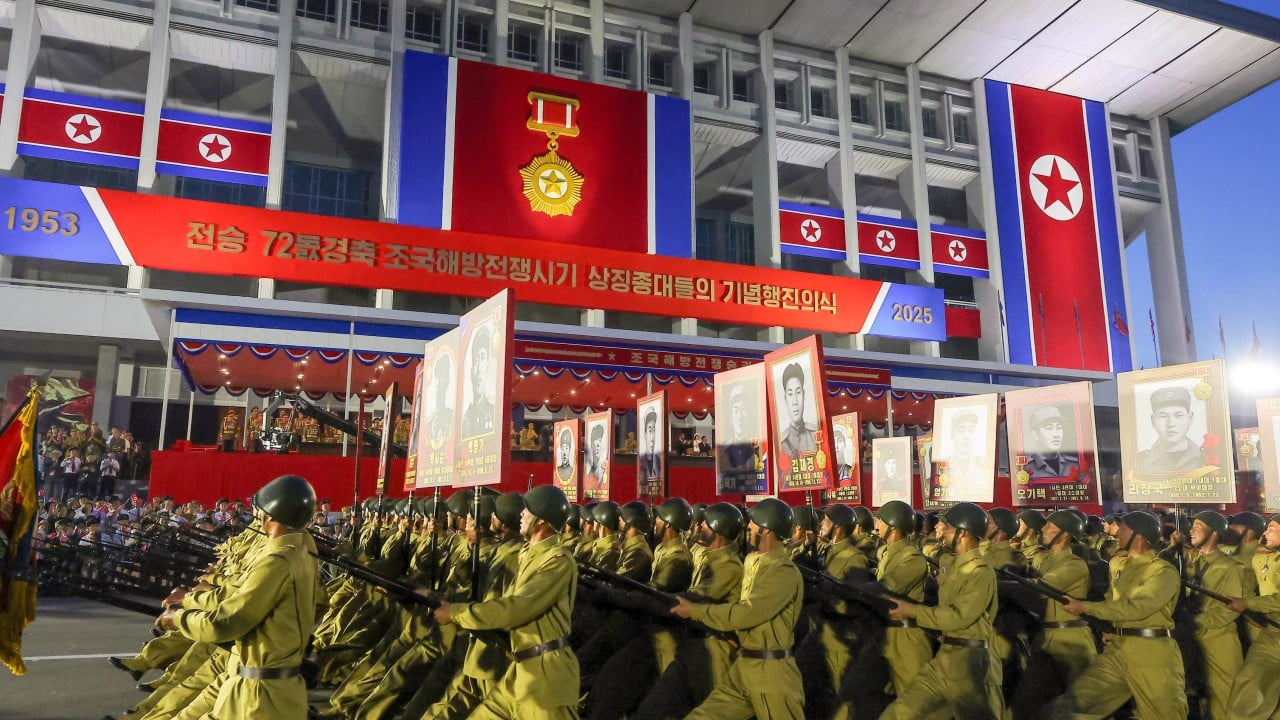With the flick of a switch in Washington, a lifeline of independent news into North Korea has gone dark, prompting warnings that it will leave the country’s 26 million people more isolated than ever.
Advertisement
The abrupt halt to funding, passed by the US Senate earlier this month, ends long-standing American support for cross-border broadcasts and clandestine media channels that provided North Koreans with one of the few opportunities to access information unfiltered by state propaganda.
Among the most prominent casualties are Voice of America and Radio Free Asia, US-funded broadcasters that have for decades delivered Korean-language news, human rights reporting and glimpses of life beyond North Korea’s borders.
“In the long term, we risk knowing less about the human rights situation in North Korea, as less and less information will be coming out of the country,” said Teppei Kasai, Asia programme officer at Human Rights Watch Japan.
“The international community, including Japan, will then naturally have to rely on official statements by the North Korean government, which don’t carry a lot of credibility.”

Voice of America and Radio Free Asia have slashed broadcasts into North Korea by as much as 80 per cent since May, following an executive order signed by US President Donald Trump in March calling for the elimination of their parent organisation, the United States Agency for Global Media.

